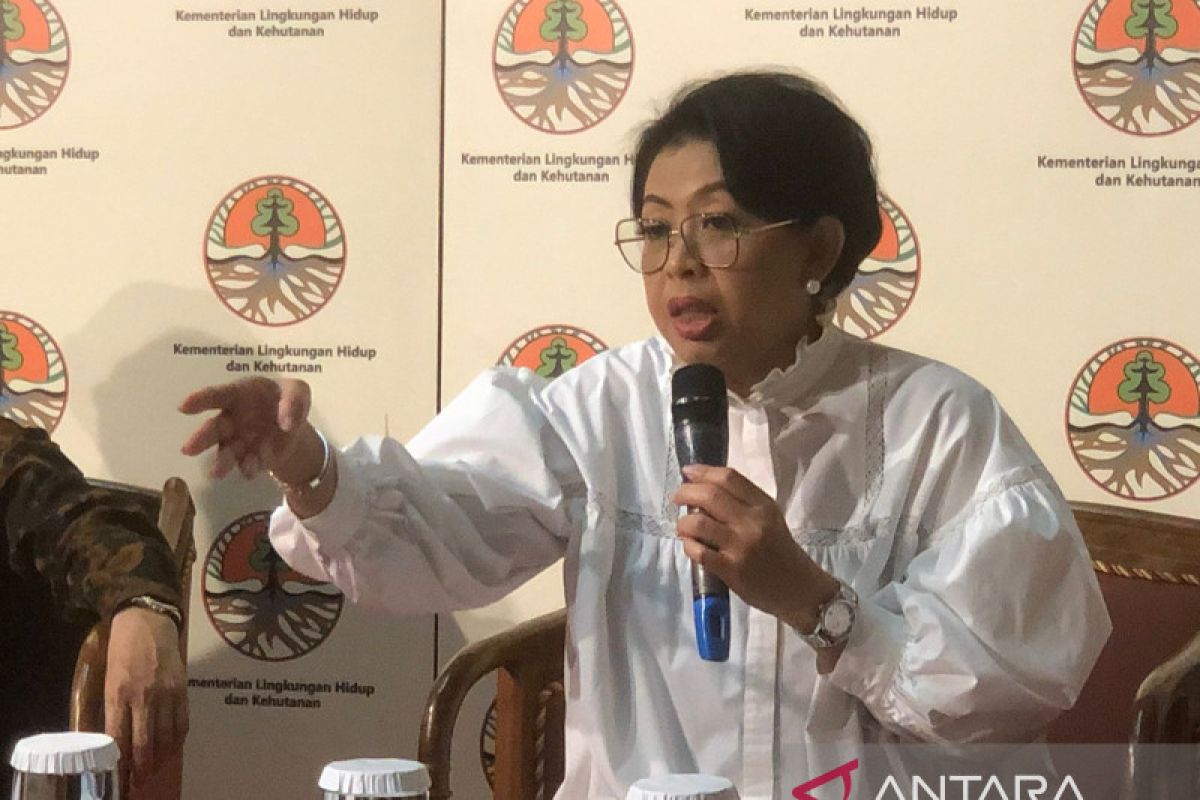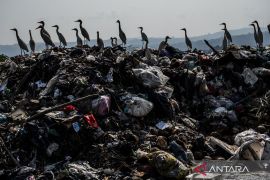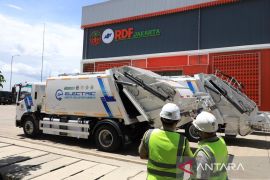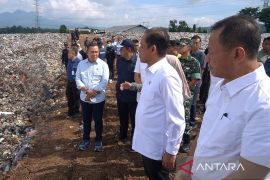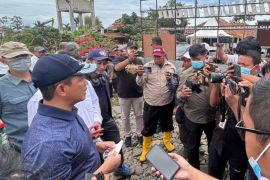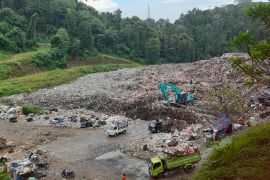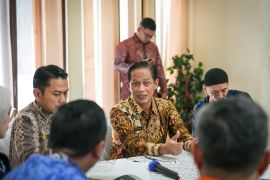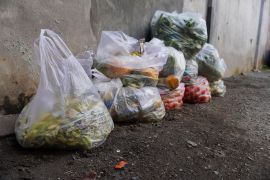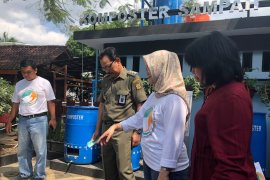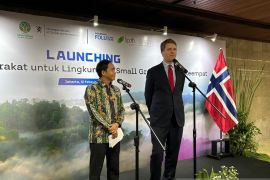The measure is aimed at reducing methane gas pollution from trash and sewage, which can impact the climate, director general of garbage, waste, and B3 management at the ministry, Rosa Vivien Ratnawati explained.
"TPA produces methane gas and greenhouse gas emissions. We have a goal that, in 2030, we will not build another TPA and in 2040, there will be no TPA anymore," she informed at a press conference at Manggala Wanabakti Building, Jakarta, on Wednesday.
Ratnawati said that waste reduction and management activities must be carried out optimally to ease the TPA burden and prevent negative impacts on the environment. This would also be in line with the 2030 zero waste target.
Between 2030 and 2040, the government will employ a waste mining method that will involve processing old waste into briquettes, she informed.
"In developed countries, such as Denmark, TPA only accommodates six percent because the waste can be managed. Indonesia should be able to do the same thing," she added.
Based on data from the National Waste Management Information System (SIPSN), in 2022, Indonesia’s waste generation reached 18.30 million tons per year, while the waste reduction rate reached 4.89 million tons per year, or the equivalent of 26.72 percent, and waste handling 9.25 million tons per year, or the equivalent of 50.55 percent.
Then, managed waste reached 14.14 million tons per year, or the equivalent of 77.28 percent, followed by unmanaged waste of 4.16 million tons per year, or the equivalent of 22.72 percent.
According to the SIPSN, the composition of waste by type was dominated by food waste, which accounted for 41.9 percent of the total waste, plant waste (wood, branches, and leaves) at 12 percent, paper or cardboard waste at 10.7 percent, plastic waste at 18.7 percent, and other plastic at 6.9 percent.
Meanwhile, the composition of waste based on waste sources was still dominated by households at 37.6 percent, traditional markets at 16.6 percent, and trade centers at 22.1 percent.
The waste management performance was based on the results of data collection carried out by 146 districts and cities in Indonesia in 2022.
"We ask the public to be more aware of the waste problem and stop producing waste anymore," she said.
Related news: Yogyakarta intensifies organic waste reduction through biopore method
Related news: Suwung Landfill to be temporarily closed during G20 Summit
Related news: Enviro Ministry cautions against dumping COVID-19 waste into landfills
Translator: Sugiharto Purnama, Resinta S
Editor: Azis Kurmala
Copyright © ANTARA 2023
